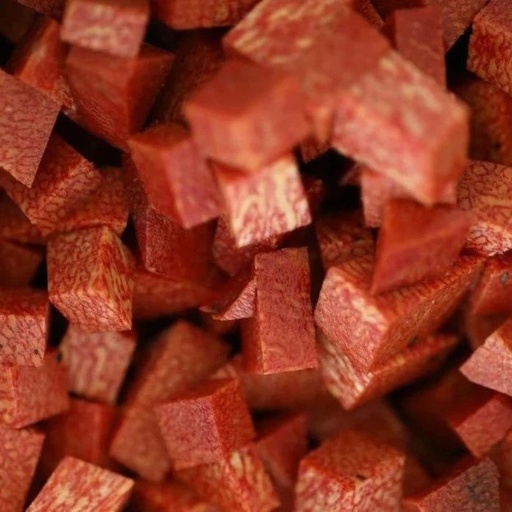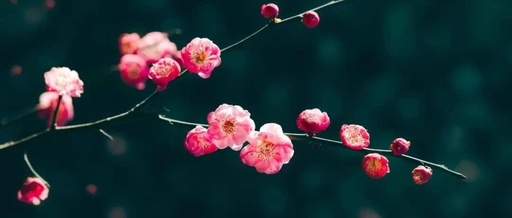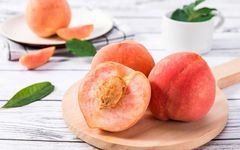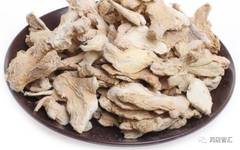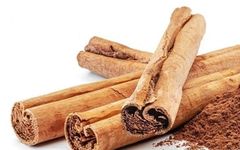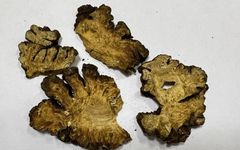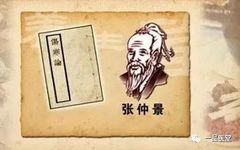Resolving Colitis with a Traditional Chinese Medicine Formula for Clearing Heat, Detoxifying, and Cooling Blood
In Traditional Chinese Medicine (TCM), colitis is categorized under “dysentery” and “intestinal masses,” with the Shire Repletion Type (Shī Rè Yùn Jié Xíng) being one of the common patterns. Patients with this condition often suffer from external invasion of damp-heat pathogenic factors or excessive consumption of spicy and rich foods, leading to the accumulation of … Read more

